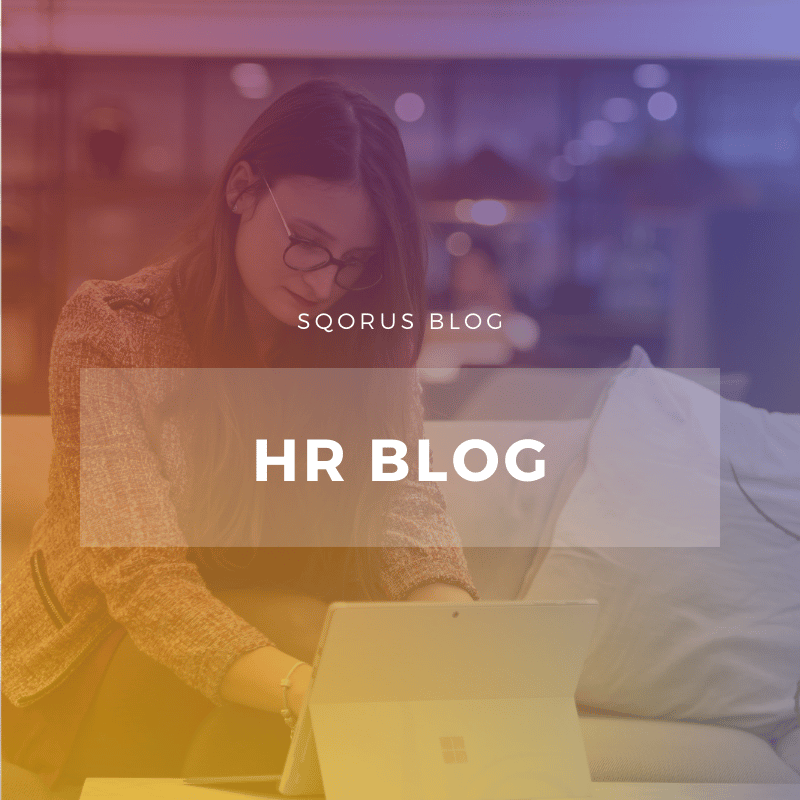Human Resources Information System (HRIS), what is its use?
There is no large company that has not been fully successful without an efficient Human Resources Information SystemHRIS). What are the main benefits of this type of IT tool? What are the best practices? Does your human resources department absolutely have to invest in an HRIS tool to improve the way it works with employees and its HR processes?
HR Strategy

Supporting the development of the company
When a company grows, it must face new methods to meet its customers’ expectations. In this context, it is necessary to find innovative ideas and to develop all resources, whether human or material. With
an HR information system
effective, it becomes possible to organize the deployment of staff thanks to the analysis of professional information collected over time. In concrete terms, this means checking that there is a profile among the employees that can correspond to a specific mission. If this is not the case, it is necessary to study training options or the intervention of specialized service providers.
Automate tasks for better productivity
Among the benefits of an HRIS tool for a company, there is of course the automation of many tasks. Investing in an HRIS solution will allow you to more easily manage many of the time-consuming daily tasks that affect the HR function. This will make you more productive. Indeed, automating and processing the administrative part offers you the possibility to focus on higher value-added projects such as HR development, rethinking your strategy or talent management. In addition, employees have direct access to the information that concerns them and gain autonomy in managing their personal data and their careers.
Reduce costs and save time
The objective of an HRIS solution is to make you more efficient and to reduce your costs by responding to a request from management, which is seeking to optimize its ROI. With an HRIS tool, you have access to all employee data centralized in a single tool. This facilitates your reporting and allows you to easily cross-reference data to analyze, for example, absenteeism rates, resignation rates or turnover. Employees have access to their information with features that allow them to track their career path. They have access to information about the training courses they have taken during the year, the training courses available to them for the following year, they can take their own leave or notify their absences. This avoids wasting time and energy internally and makes HR processes more fluid.
Implementing talent management
This management of the company’s internal knowledge is referred to as ”
talent management
“or talent management. Within your HRIS, you will build a database storing all the skills of your employees. This collection of information will begin during the application process. Of course, this database will evolve simultaneously with the employee’s profile (increase in skills, training, etc.). The HRIS also allows you to optimize your talent management and consequently improve the retention of the company’s key employees. Indeed, if you give your employees the possibility to evolve towards positions more in line with their qualities, they will feel more fulfilled. An employee who feels good in his or her company is not only more efficient on a daily basis, but also more inclined to stay there for a long time.
To meet legal obligations regarding manager-employee interviews
Every HRD knows perfectly well that his or her job is subject to restrictive legislation that imposes numerous obligations. Thus, in addition to the classic issues related to time management, personnel administration and payroll management, it is now mandatory for companies with more than 50 employees to conduct an individual professional interview with all employees every two years. This type of interview is ideal for gathering information for the HRIS. They may prove to be valuable for the employee’s future, but also for the company’s. Indeed, it is an ideal way to collect valuable information on the employee’s wishes for evolution and on the skills he has acquired over time. Afterwards, it will be possible to set up – with the involvement of the employees – an action plan to manage their career (career development, acquisition of new knowledge, professional reorientation, etc.).
DOWNLOAD THE WHITE PAPER
"HOW TO IMPROVE THE PERFORMANCE OF YOUR HR PROCESSES
Also read in our file "to carry out a HRIS project in your company":
- The digital transformation of HR functions: what role for the HRD?
- The major challenges for human resources management in the future
- Regulatory issues for HRDs to master in 2019
- Valuing the employee experience, a priority for HR departments
- Improving the company's HR processes, the major challenge for HR departments
- Human Resources Information System (HRIS), what is its use?
- HRIS to improve the company's HR processes
- Human resources and technologies for business performance
- What technological tools are available to HRDs?
- HRD: which HRIS solution to choose for your digital transformation?
- Help in choosing an HRIS: why use a firm?
